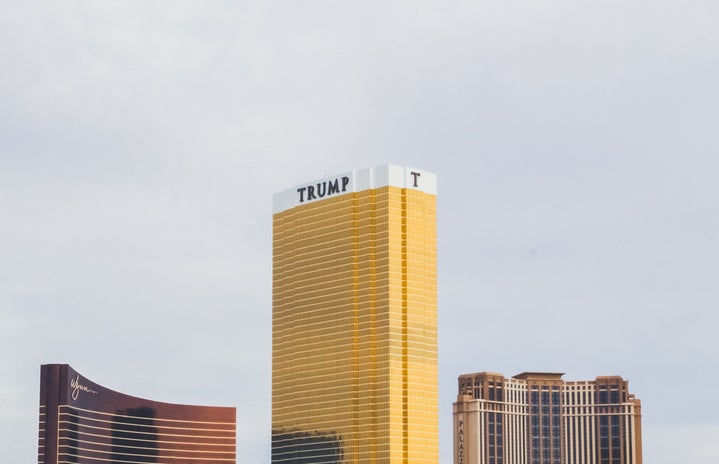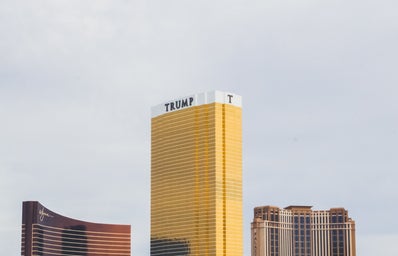By Jemma Dooreleyers
Canada is officially less than one month away from the legalization of cannabis, This is great news for medical patients, people who need to manage stress, entrepreneurs, the economy and people who want to have a good time without the consumption of alcohol. However, in the excitement of cannabis legalization, there are some narratives that have been left behind.
Here is a story a friend of mine once told me. The first time they were asked if they wanted to smoke a joint in public, they were indescribably nervous. They were in a park and it was about 9 o’clock at night and as the joint was lit, they felt like all eyes were on them.They kept declining and hiding their face behind a tree because they didn’t want people to see what they were doing; meanwhile the person they were with was growing more and more persistent. Once they expressed their anxiety around the whole situation, the person’s face relaxed and he just chuckled and said, “Chill out, nothing is going to happen, we’re white.” Although that relaxed them for the moment, the thought it continued to eat away at them. And at me as well.
Why can two white kids sporting drug rug shirts sit in a very public place in the middle of the day smoking a king-sized joint and not even be blinked at, while there are black kids dying from police brutality just by being spotted smoking? Why are Dutch immigrants– people from a country where cannabis is legal and an integrated part of society– welcomed in North America, yet Mexican and other Central American immigrants are deemed criminals and are being deported back to their country?
There are answers to these questions, so before we go forward and sit in a circle around a bong in Nathan Phillips Square during 4/20, we must understand the racist history that has surrounded cannabis for centuries.
Let’s delve in, shall we?
First of all, marijuana is a racist word
According to an article on Leafly, basically the Google of all of your cannabis needs, even the word marijuana holds a racist connotation.
In the 1800s, cannabis started to make its way into American culture through socialites and celebrities (rich white people) and was used quite famously by American authors and artists at the time. However, that started to change by the 1920s during the prohibition era.
More and more sanctions were being put on the herb as more and more immigrants were coming into the country to escape the civil war in Mexico and bringing the habit of smoking cannabis with them.
This is where things get problematic. In the 1930s, America was in a rough spot with the Great Depression and what not. So what do they need? A scapegoat. Due to the influx of immigrants and the rise of jazz music, many white Americans began to treat cannabis as a foreign substance used to corrupt the minds and bodies of lower class individuals.
Also in the 1930s, Harry Anslinger was appointed to the Federal Bureau of Narcotics, where he launched a vigilant campaign and stayed in office for 30 years. While in this position he used the development of the movie theatre to spread racialized messages about the plant. In his announcements, he famously said that “Marijuana is the most violence-causing drug in the history of mankind … Most marijuana smokers are Negroes, Hispanics, Filipinos and entertainers. Their satanic music, jazz and swing, results from marijuana usage.”
His comments popularized the word “marijuana” and when speaking during public appearances, he specifically tried to say “marijuana” to give it a foreign identity.
Next: the War on Drugs and what it did to Central America
We’re lucky in Canada because ordering pot online from British Columbia is an option if you’re older than 21. We don’t have to worry about how the substance illegally crossed the border and who it affected along the way. However, just because we are Canadians does not mean we get to turn a blind eye to the War on Drugs happening within the United States and Mexico.
We all remember the time, during his Presidential Announcement speech, when Donald Trump said “When Mexico sends its people, they’re not sending their best… They’re sending people that have lots of problems and they’re bringing those problems to us. They’re bringing drugs. They’re bringing crime. They’re rapists.” Like many of Trump’s statements, this isn’t accurate. The people from Mexico and other Central American countries are not bringing crime but fleeing from it– specifically gang violence related to the drug trade.
When the War on Drugs was designed, the president of Mexico, Enrique Peña Nieto, thought the most effective way to solve the issue of the drug cartel and gang violence was to kill off the kingpins of the gangs. However, that is not what happened. Once the main leaders were out of the picture, the gangs fractured into smaller, more aggressive groups, causing thousands of people to go missing and even more to be killed.
Furthermore, since growing large amounts of cannabis and distributing it is illegal in most of Central America, the working conditions that people of farming and transporting pot are not regulated. This results in terrible conditions that no human should have to work under.
It is the same issue when buying a $12 sweater. Sure, you get a great deal, but who suffered for it and why is it so cheap?
Bringing it home
You may think that Canada, and especially Toronto, are untouchable when it comes to racism and inequality. We have the Multicultural Act, right? Well, that doesn’t seem to help.
An investigation done by the Toronto Star in 2017 showed that black people with no criminal background were three times more likely to be arrested and detained for bail for possession of small amounts of cannabis than white people with a similar background.
There is no data to show that black people consume more or less cannabis than white people in Toronto, however there are disproportionate amounts of arrests of black people compared to the rest of the population.
Between 2003 and 2013, Toronto Police arrested 11,294 people whose skin colour was not noted for possession of 30 grams or more of cannabis.
About one quarter of the people arrested between these years were black people, which is a highly disproportionate number considering they make up less than one-tenth of Toronto’s population.
What is even more shocking is that only 3 per cent of the arrests of kids between the ages of 12 and 18 were white kids, while 15 per cent of juvenile arrests were black kids.
This is just in Toronto, just in the black community. There are countless statistics of other people of colour in different cities facing the same thing.
I don’t think I can make an article about racism and white privilege in Canada without at least touching on the Indigenous communities because really that is where colonialism and white privilege started.
Yes, there is an over-representation of Indigenous arrests for minor cannabis crimes as well, but that is not all.
Bill C-45 states that of the tax revenue raised from the sale of legal pot, the federal government will receive a quarter and the rest of it will be split evenly between the provinces. There is nothing in there stating that First Nations communities will receive anything from the tax revenue.
If the Canadian government is going to argue that cannabis legalization is going to benefit the whole country’s economy, they should mean the whole entire country, not just the people who live off reserves.
Takeaways
No matter what the issue is and no matter where the oppression lies, it will always be experienced differently to a different degree by racialized communities and individuals.
White people have privilege and with that comes a responsibility. A responsibility to be educated on matters that may not concern them but may affect someone else’s everyday life. A responsibility to use this knowledge to educate other white people on their privilege. And finally, a responsibility to never take this privilege for granted.
Speak up when things are unfair and there seems to be a double standard. Don’t shrug it off because you are a white kid and nothing is going to happen.


